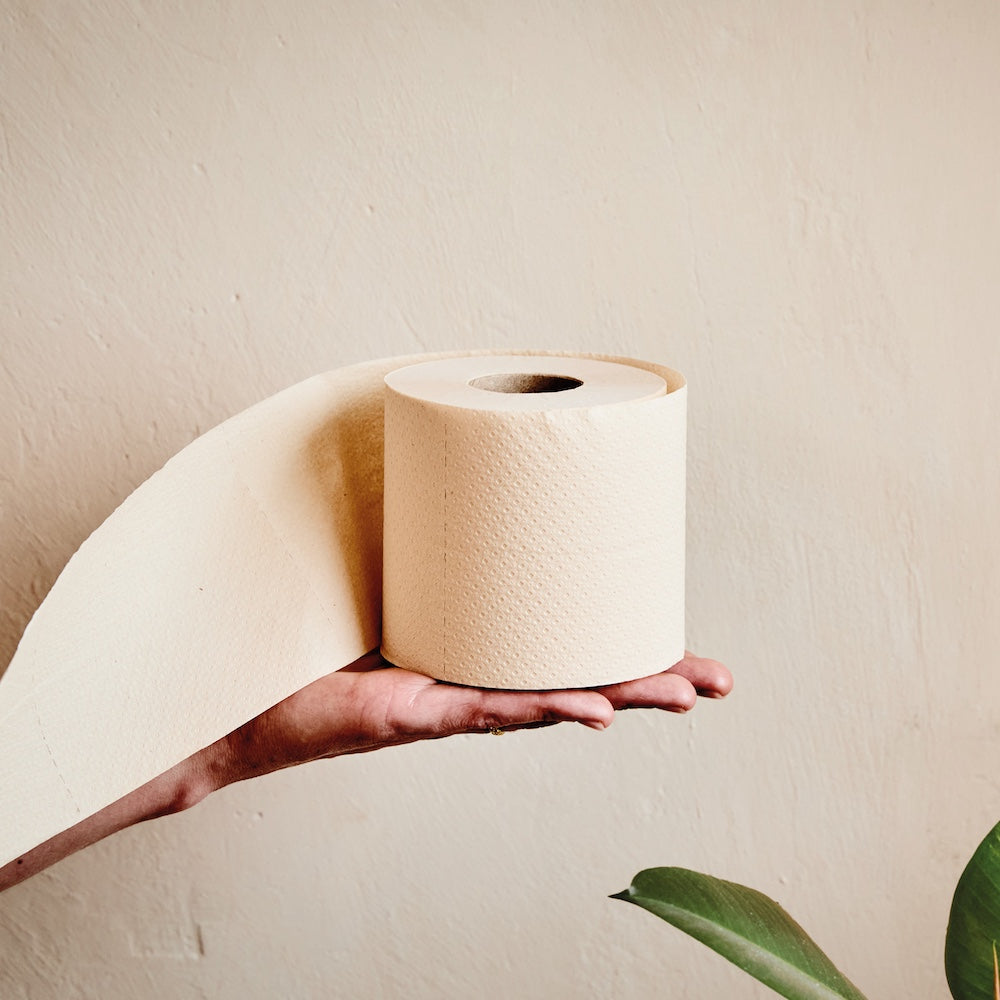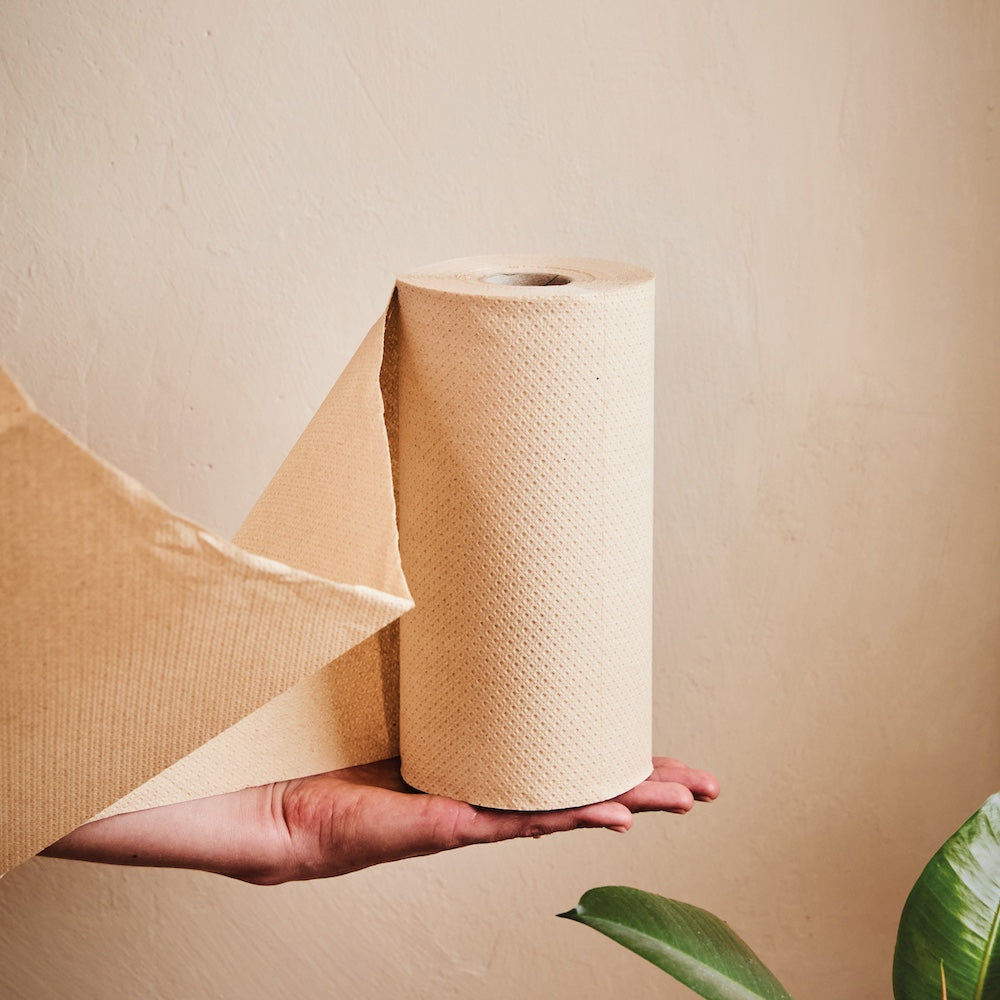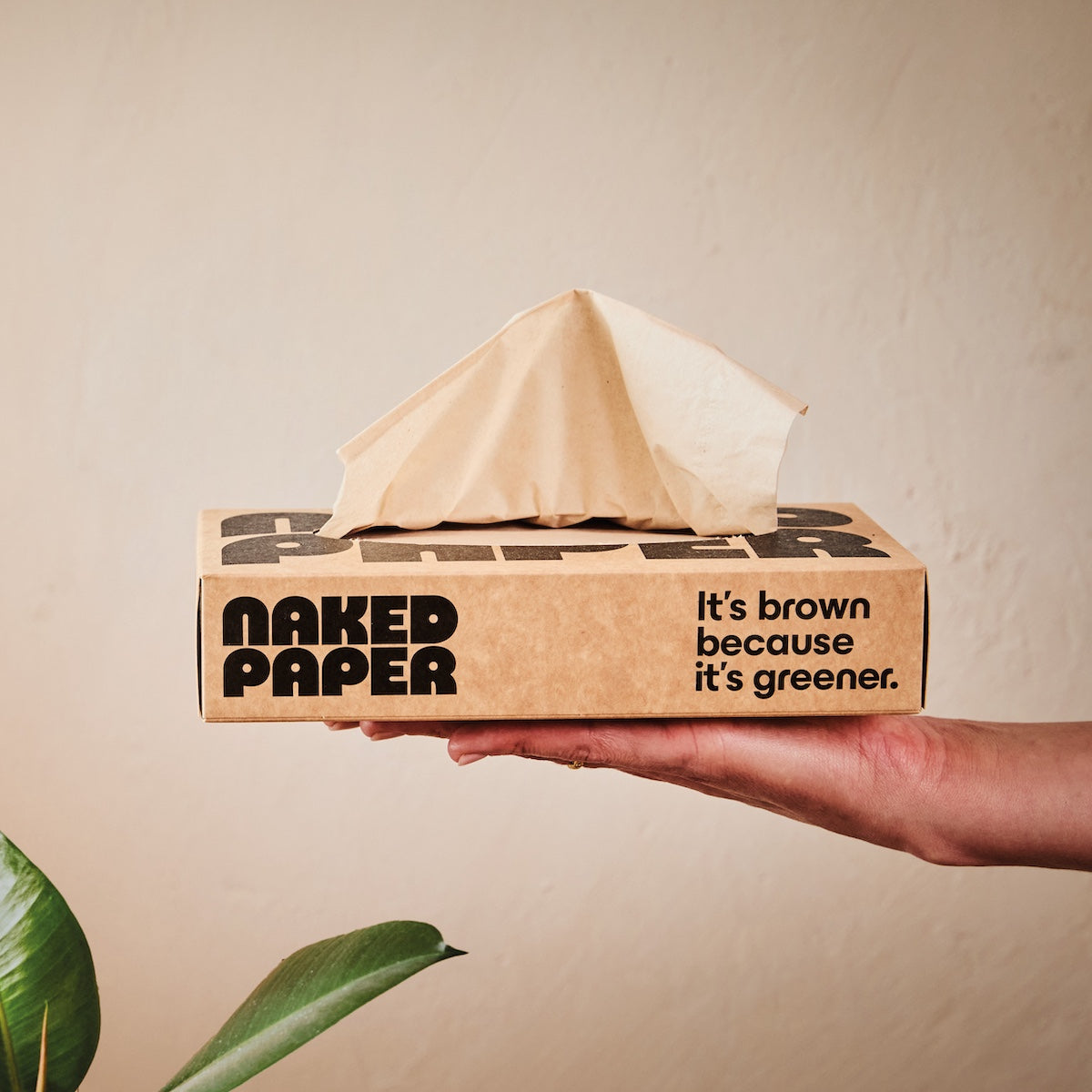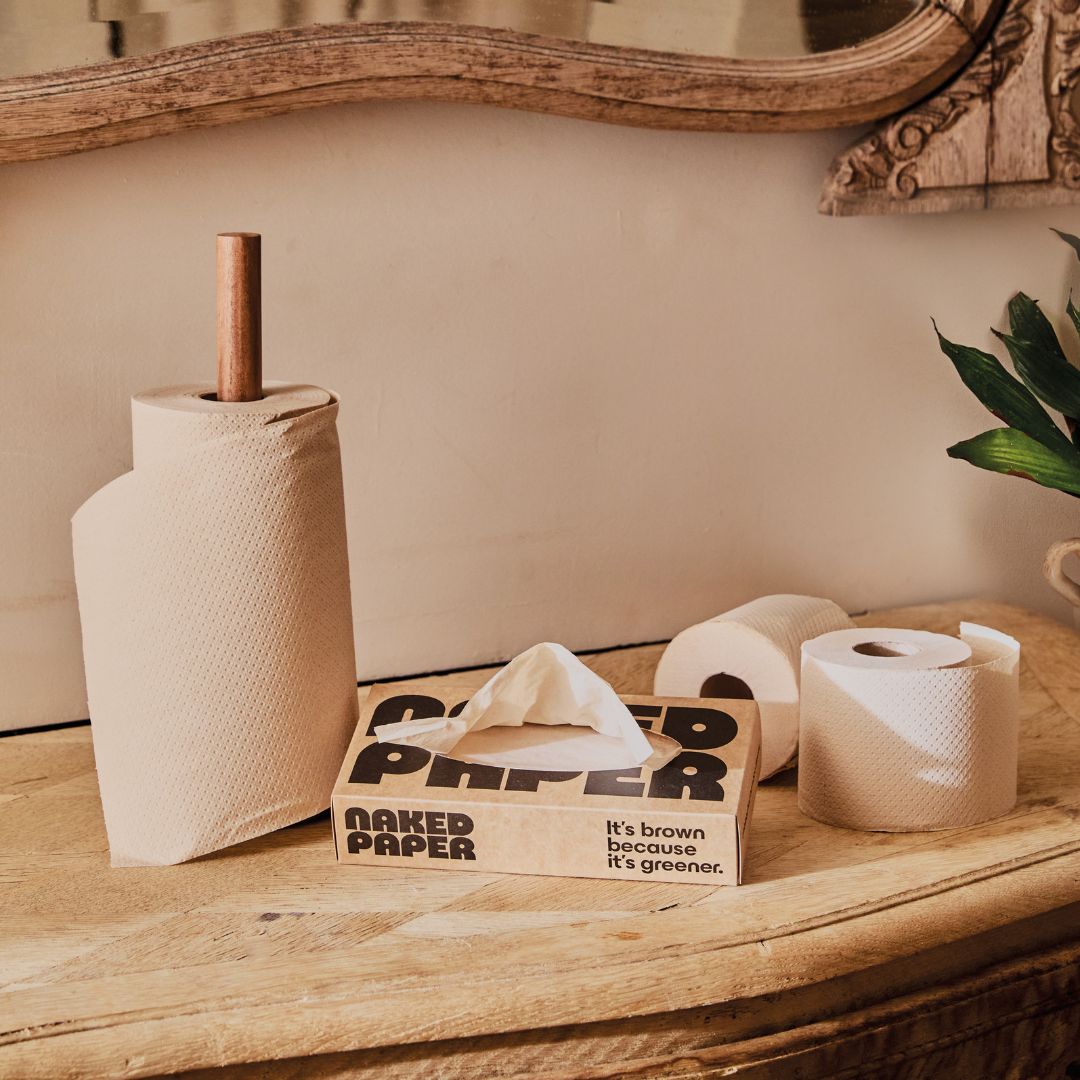Ocean pollution
 Plastic pollution is a serious problem for our oceans. At Naked Paper we are proud of our zero-plastic tissue products, and we’ve put together a few facts to underline why eliminating disposable plastic is so important.
Plastic pollution is a serious problem for our oceans. At Naked Paper we are proud of our zero-plastic tissue products, and we’ve put together a few facts to underline why eliminating disposable plastic is so important.- If we carry on like we are, by 2050 there will be more plastic in the sea than fish
- Plastic in the sea is collected together by tidal patterns, winds and currents to form what are known as “garbage patches.” These are floating islands of rubbish and the largest is big enough to cover France twice and more.
- Marine animals get confused and mistake small pieces of plastic for food, resulting in illness and premature death that can affect an entire food-chain.
- Toxins in the water in some areas have resulted in such low oxygen levels that marine animals living in them can suffocate and die. These “death zones” are growing in number and size, there are currently nearly 150 of them, the largest of which is the size of Israel.
- Coral reefs could be extinct by 2045. This would be absolutely catastrophic for the entire ecosystem of our oceans, massively accelerating the deterioration of marine life numbers.
Naked Paper are manufacturing without plastic on, or in, any of our products. It’s the least we can do for our oceans, and our future.
Recent blog posts
-

Join our team trip to the factory!
A couple of weeks ago, most of the Naked Paper team packed our bags and headed off to northern Spain to visit the factory where all our soft, sustainable toilet paper, kitchen rolls, and tissues are made. For our founders Tom...
-

Beyond the bog standard: five years of Naked Paper
When we launched Naked Paper five years ago, we expected to stand out. Selling bleach-free, brown toilet paper is a guaranteed conversation starter; we knew people would notice, we just didn’t know if they’d get on board. Companies like Naked Paper...
-

Introducing recycled kitchen roll and tissues
At Naked Paper, we like to think that change can happen in the most everyday parts of life. In fact, the everyday parts of life, like toilet rolls for example, are often the best place to make changes. When daily-use...







